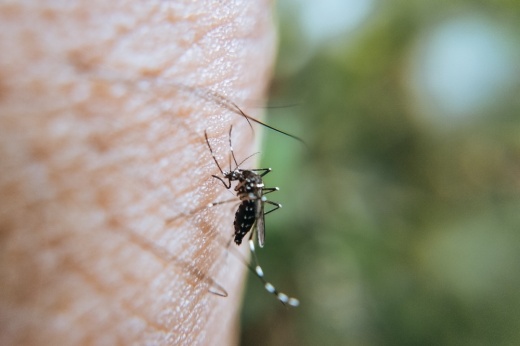According to the WCCHD, these positive West Nile virus test samples are the first reported of the 2022 season. They were collected on Oct. 6 from the same trap site near the H-E-B Center, according to the release. The last positive test sample from this location was in November 2020.
Following the positive tests, expanded trapping in the area began Oct. 11 and signage was posted.
Last year, there were 12 positive West Nile virus tests on collected mosquito trap samples in Williamson County, according to the release; however, there were no human cases reported in the area.
So far this year, there have been no reported human cases of the West Nile virus in Williamson County.
Mosquito populations are the largest and most active from May-November, and during this time, WCCHD monitors and tests for mosquito-borne viruses.
Symptoms of the West Nile infection include skin rash on the trunk of the body, swollen lymph nodes, fever, body aches and headaches, according to the release. People with compromised immune systems and those age 50 or older are at increased risk for more severe symptoms.
Health officials recommend being cautious of mosquito bites and preventing breeding from taking place on personal properties.
As part of the WCCHD’s Fight the Bite campaign, it recommends three Ds of mosquito safety: 1) drain or treat standing water in clogged gutters, flowerpots or pet dishes, so mosquitoes are not able to breed; 2) defend by using insect repellents; and 3) dress in pants and long sleeves when outdoors.
Visit www.wcchd.org or www.txwestnile.org for more information.





